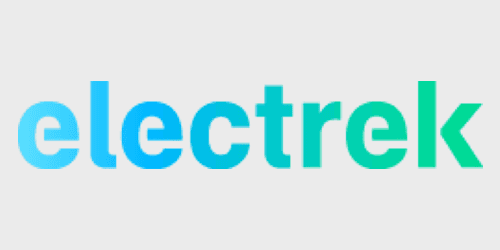
The SB583 solar bill debate was lively on the West Virginia House floor yesterday, and some of the delegates’ viewpoints were… interesting. However, the House of Delegates ultimately passed the bill on a 75-23 vote that will make it easier for companies to get a small portion of their power supply from solar energy.
Save coal… with solar?
On February 28, Electrek reported on SB583, which was then unanimously passed. The bill passed the Senate, but the House amended it, so it goes back to the Senate to concur or reject the changes.
SB583 aims to create “a program to further the development of renewable energy resources and renewable energy facilities for solar energy by modifying the powers and duties of the Public Service Commission.”
West Virginia ranks 48th in the US in solar, with 8.372MW installed. In 2018, 90% of the state’s energy came from coal, and 8% is natural gas. Only 2% came from green energy.
In other words, green energy is currently minuscule in this struggling coal-dependent state.
The West Virginia Metro News reported on some of the debate’s highlights:
House Energy Committee chair Bill Anderson (R-Wood) expressed a bit of actual logic. He said:
I acknowledge the history of coal in this state, and I feel for what the citizens of southern West Virginia have been going through for the past decade.
I don’t want to focus more on the past because it’s kind of depressing to tell you the truth. We need to move forward.
There are economic forces at work, not only in West Virginia but throughout this country that are transforming this country in many ways. We are focusing on the energy component and its effect on this state today. There has got to be a mosaic of energy production in this state.
Delegate Moore Capito (R-Kanawha), on the other hand, saw solar as a means to boost fossil fuels (yes, really):
I would suggest to you the way to burn more coal and to burn more gas is to get more bodies into West Virginia.
If West Virginia’s future is bright I would suggest a little solar energy might come in handy.
So, basically, Capito sees solar as a way to lure more business in — like bait on a hook — so the state can then burn more coal.
Daryl Cowles (R-Morgan) echoed Capito’s sentiment:
I think this bill is good for coal.
Evan Hansen (D-Monongalia) expressed a bit of common sense when he said the state’s economy had been running in slow motion for decades, and it was time to “pivot”:
Now we’re finally taking a step to support all types of energy, not just fossil energy but renewal energy as well.
Electrek’s Take
The West Virginia debate focused on whether the bill would undercut coal and natural gas — not how the state could provide clean energy jobs, reduce emissions, lower electric bills for its residents, and attract more businesses to the state. So while the solar bill is welcome, the thinking of many delegates misses the point entirely. Many delegates seem trapped in the past. One legislator even said that “catering to corporate America” is a “fad.”
Anderson is right: The country — the world — is transforming, when it comes to reducing emissions. In fact, it’s speeding up. As Anderson says, the state needs to move forward. Are West Virginia’s legislators going to raise their heads, look around, and see that they’re being left behind? The state was hit hard by the loss of coal. State legislators are failing their residents, who need new jobs — green energy jobs, corporate or corporate-related jobs — to replace their redundant coal jobs.
The solar bill is a positive step, but if I was the CEO of a company that puts sustainability at the forefront of its values, once I heard about Capito’s and Cowles’ logic, I’d take my business to another state. I’d feel like the state’s legislature was trying to hoodwink me. Corporate sustainability is most definitely not a fad.
Photo: Shepherdstown Presbyterian Church, Shepherdstown, West Virginia. It’s the largest community-supported solar system in the state.
FTC: We use income earning auto affiliate links. More.





Comments